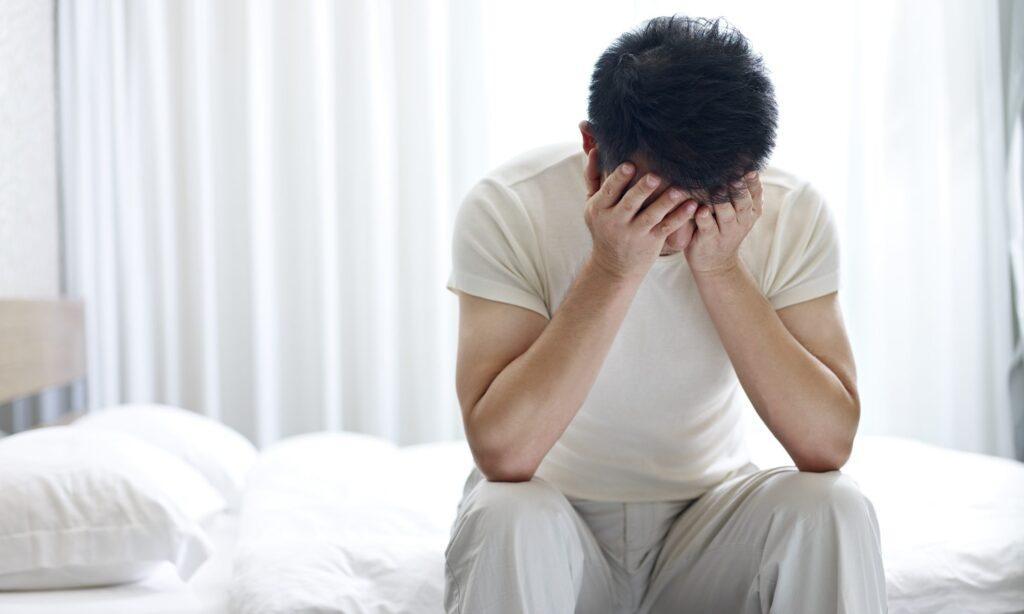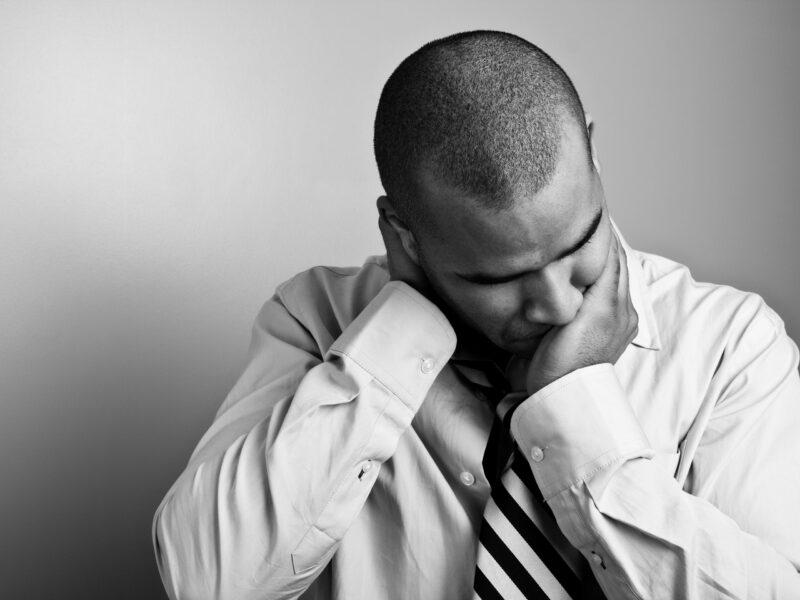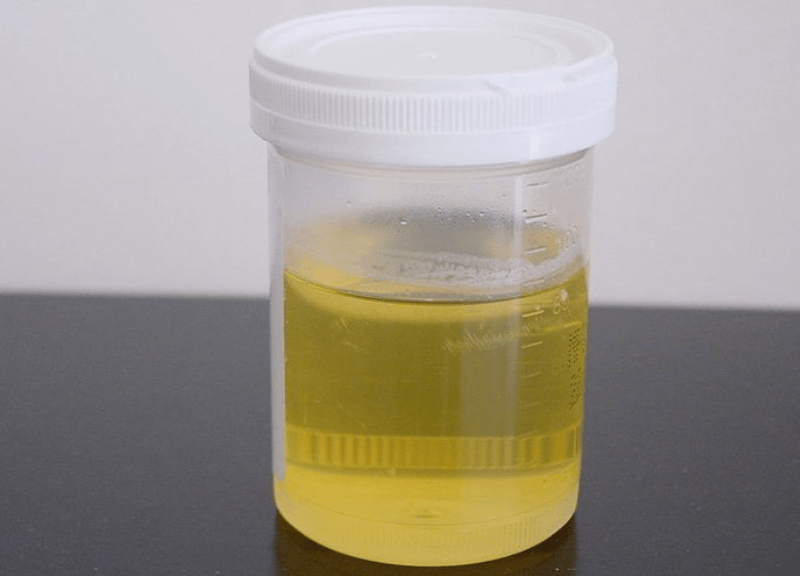If you’re a man with low testosterone levels, you may experience symptoms like reduced sex drive, fatigue, and mood changes. However, there are ways to restore hormonal balance and improve your well-being.
Unfortunately, many men experience low testosterone levels, leading to various symptoms and impacting their quality of life. Taking charge of your hormone levels can make a big difference if you suspect low testosterone. Let’s explore ways to tackle the issue together and boost your well-being.

Here we will cover the vital elements, recognizable indications, and effective tactics that can aid in managing low testosterone levels and promoting your general well-being.
Understanding Low Testosterone:
Low testosterone, also known as hypogonadism, occurs when the testes produce insufficient amounts of testosterone. While testosterone naturally declines with age, low testosterone can affect men of all ages.
Various factors can cause it, such as aging, obesity, chronic medical conditions like diabetes or kidney disease, certain medications, hormonal disorders, and lifestyle choices.
Recognizing the Symptoms
Low testosterone can manifest in different ways, and the symptoms may vary from person to person. If you notice any of the following symptoms, it’s critical to see a doctor for a proper diagnosis and treatment:
1. Decreased Sex Drive: One of the most common symptoms of low testosterone is a reduced libido or lack of interest in sex.
2. Erectile Dysfunction: Low testosterone can contribute to difficulties in achieving or maintaining an erection, which may impact sexual performance.
3. Fatigue and Reduced Energy Levels: Low testosterone levels can lead to persistent fatigue, reduced energy levels, and a general sense of low vitality.
4. Loss of Muscle Mass and Strength: The preservation and growth of muscle mass rely significantly on testosterone. Therefore, insufficient testosterone levels may lead to decreased muscle mass, reduced physical ability, and fragility.
5. Increased Body Fat: Low testosterone is often associated with increased body fat and difficulty losing weight, especially around the waist.
6. Mood Changes: Many men with low testosterone experience mood swings, irritability, depression, or a general decline in their sense of well-being.
7. Decreased Bone Density: Testosterone is essential for maintaining bone health. When testosterone levels are low, it can result in reduced bone density, thereby increasing the likelihood of developing osteoporosis and experiencing fractures.
Take Control Of Your Hormones The research is clear: Our hormones can get thrown out of whack when guys age! Of course, every guy knows how important testosterone is for your strength, energy, and vitality. Still, most guys don't know about estrogen and cortisol's devastating effects on your body. These "problem" hormones can deplete energy levels… zap muscle strength… and make it nearly impossible to lose weight. And unfortunately, few options are available that work effectively without harmful side effects. That's why PrimeGENIX® offers you a specialized boutique of hormone-optimizing formulas. Each formula is backed by incredible scientific research and designed to help balance your hormones naturally.
Taking Control of Your Hormones:
1. Consult with a Healthcare Professional: Consult a qualified doctor like an endocrinologist or urologist if you suspect low testosterone levels. They can guide you and recommend the best course of action.
They can perform tests to measure your testosterone levels and assess any underlying causes. Based on the results, they can recommend suitable treatment options.
2. Adopt a Healthy Lifestyle: Certain lifestyle changes can positively impact testosterone levels. Regular exercise, especially strength and high-intensity interval training (HIIT), has boosted testosterone production.
Starting a journey towards achieving and maintaining a healthy weight requires eating a balanced diet consisting of whole foods, protein, healthy fats, and various colorful fruits and vegetables.
Let’s do this! Minimize stress levels, get sufficient sleep, and limit alcohol consumption, as excessive alcohol intake can negatively affect testosterone production.
3. Consider Testosterone Replacement Therapy (TRT): In cases of significantly low testosterone levels or when lifestyle changes do not improve symptoms, your healthcare provider may suggest testosterone replacement therapy (TRT).
TRT involves gels, patches, injections, or pellets to restore testosterone levels to normal ranges. A good relationship with your healthcare provider is essential to ensure you take the right amount of medication and watch for possible side effects.
4. Manage Stress and Mental Well-Being: Chronic stress can negatively impact hormone levels, including testosterone. Engage in stress-reducing activities such as meditation, deep breathing exercises, or hobbies that bring you joy and relaxation.
Seek support from friends, family, or professionals to address underlying mental health concerns.
5. Regular Health Check-ups: Routine health check-ups are essential for monitoring testosterone levels and overall well-being.
Maintain a proactive approach when sharing concerns or symptoms with your healthcare practitioner, and follow their suggestions for follow-up testing and examinations.
Conclusion:
Low testosterone can significantly impact a man’s health and quality of life, but there are steps you can take to regain control of your hormones.
By consulting with healthcare professionals, adopting a healthy lifestyle, considering testosterone replacement therapy when necessary, managing stress, and maintaining regular health check-ups, you can effectively address low testosterone and improve your overall well-being.
Understanding your body and seeking appropriate care is crucial to reclaiming hormonal balance and living a fulfilling and healthy life.


